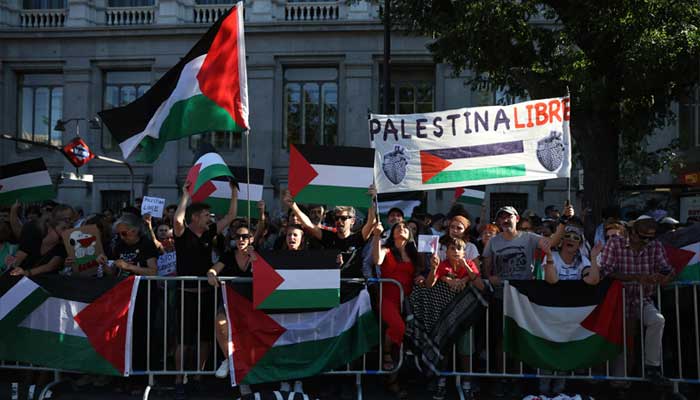Britain, Australia, Canada and Portugal Recognise Palestinian State: What It Means and Who Follows Next
September 22, 2025
In a major diplomatic shift, Britain, Australia, Canada and Portugal officially recognised the State of Palestine on Sunday, nearly two years after the devastating war in Gaza began. Their move makes them the first G7 countries to take this step, while France, Belgium, Luxembourg and Malta are expected to announce recognition at the upcoming UN General Assembly summit in New York.
How many countries recognise Palestine?
According to an AFP tally, at least 145 out of 193 UN member states — nearly three-quarters of the world — now recognise Palestine.
This includes almost all Arab, African, Asian and Latin American nations, as well as major powers such as Russia, India and China.
The latest wave of recognition follows Israel’s ongoing military offensive in Gaza, which has driven 13 additional countries to formally recognise Palestinian statehood.
The first recognition came on November 15, 1988, when Algeria acted just minutes after late PLO leader Yasser Arafat declared an independent Palestinian state. Dozens of countries followed suit in the weeks and months after. A second wave of recognitions arrived between 2010 and 2011.
Who does not recognise Palestine?
At least 45 countries continue to withhold recognition. This includes Israel, the United States, Japan, South Korea, Singapore, Panama, Cameroon and most Oceania nations.
Europe remains the most divided region, split almost evenly on the issue. Until recently, only Sweden (2014) had recognised Palestine in Western and Northern Europe. But the war in Gaza has changed the landscape: Norway, Spain, Ireland and Slovenia recognised Palestine in 2024, followed by Britain and Portugal in 2025.
Some European powers, including Germany and Italy, say they have no plans to follow suit.
Why recognition matters
International law experts say recognition is largely political and symbolic, but also transformative.
“Recognition does not create a state, nor does the absence of recognition prevent one from existing,” explained Romain Le Boeuf, professor of international law at Aix-Marseille University. However, recognition signals that most countries believe Palestine meets the conditions of statehood.
Franco-British law professor Philippe Sands described the move as a “game changer”:
“Once you recognise Palestinian statehood, you essentially place Palestine and Israel on equal footing in terms of their treatment under international law.”

